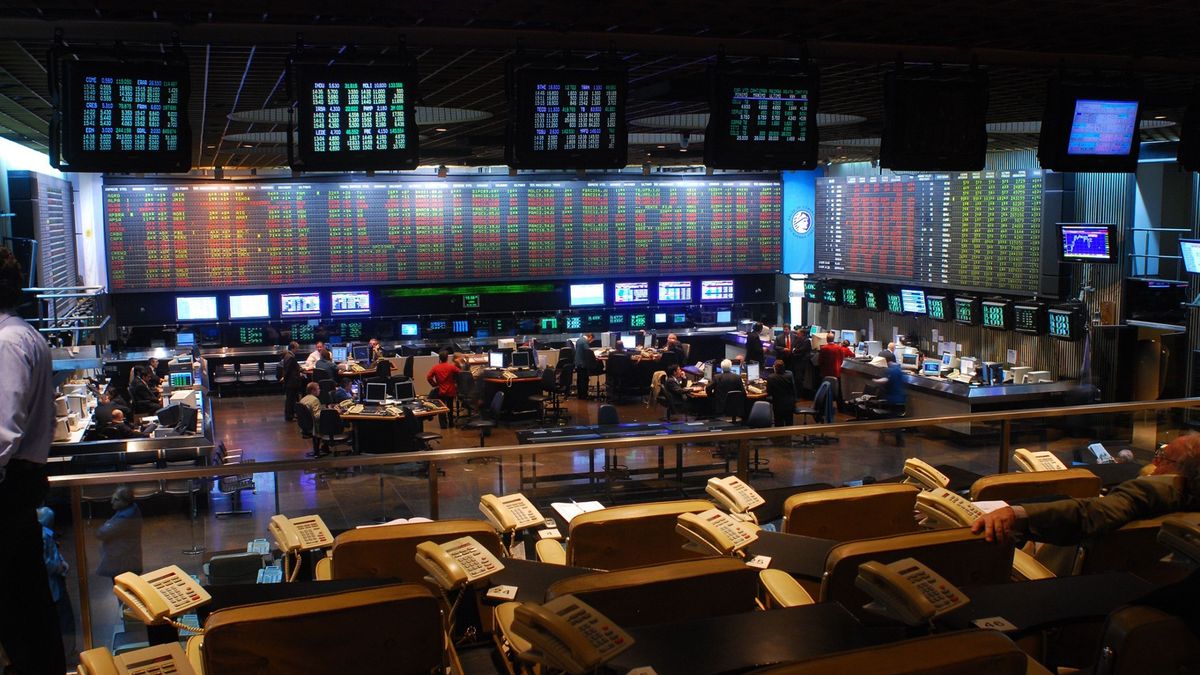The combination of firm inflation in the country, with a CPI that is expected to be around 35% in the semester, and will reach more than 70% in the year, the greater foreign exchange regulations and the constant internal disputes in the ruling coalition, together with the global fear also of a growing rise in prices, higher rates and a potential recession were too much for Argentine assets in the sixth month of the year, and the dollar in alternative markets to the official, it was by far the best investment of the month (they scored raise up to 20%).
“Caution and defensive postures continue to prevail among operators in the current external and internal context”, said Gustavo Ber, economist at Estudio Ber. “Investors perceive a climate of marked nervousness in the face of the challenges imposed by continuing to manage fiscal, monetary and exchange imbalances, within a context that increasingly requires greater regulations,” he added.
Under this scenario, dollar-denominated bonds ended with a net negative behavior, reaching record lows, which led the country risk to hit new highs since the last debt restructuring in 2020.
The most outstanding casualties of the month were recorded by the Overall 2029 (-20.2%); Bonar 2035 (-18.6%); and Bonar 2030 (-18%).
They were not left behind titles in pesos adjustable by CER, which suffered a large-scale sell-off after bailouts in mutual funds and fears about a possible re-profiling, which forced the BCRA and Anses to intervene with strong repurchases to stabilize the market. The falls of these titles, the same, reached almost 29% (Quasipar). Only the shortest bonds were saved, which gained up to 3.5% (T2X2).
In this framework, the country risk prepared by the bank JP.Morgan jumped in the month about 460 points (+24%), up to 2,374 pointsafter exceeding 2,500 points this week, in a scenario of fears of debt default.
“The market opens up the possibilities that the current prices could be an entry point by testing supports close to minimums and very low relative prices; however, local instability enables a risk to be considered by all investors”, said Javier Rava of Rava Bursátil.
At a global level, the markets were pending the rise in rates by the Fed and signs of recession. The Federal Reserve raised the benchmark interest rate by 75 basis points to a range between 1.50% and 1.75%. It was the biggest rise in nearly three decades. Jerome Powell said there is no guarantee that the Fed will be able to tame inflation without hurting the labor market. In U.S.A. the last revision of the GDP data for 1q22 showed a contraction of 1.6% y/y.
In Ukraine, the Russian invasion focused on the East and Western countries continued to impose sanctions. And Russia failed to meet debt payments due to the blockades. Despite this, the ruble continues to strengthen, listed a Tavelli report.
Inflation continues to haunt European economies, while the Brazilian Central Bank raised the interest rate by half a percentage point, to 13.25%. Meanwhile, Chinese industrial activity is showing signs of recovery after the end of the massive lockdowns.
Against this backdrop, commodities posted negative returns: oil skidded 7.7%, while gold and soy yielded 1.6% and 3.7%, respectively.
S&P Merval and ADRs
As far as fixed income is concerned, the leading stock index BYMA’s S&P Merval accumulated a 4.2% decrease in pesos in the month, but if we measure it in CCL dollars, the drop reaches 20%, given the spike in the implicit exchange rate.
Banking sector shares closed down as much as 15.7%, led by Banco Macro. The podium with the greatest losses was completed by Transportadora de Gas del Norte (-13.8%); and Cresud (-12.5%). Comercial del Plata was one of the few that ended in green and gained 10.2% in the month.
But some steeper gains were seen on the overall panel: PGR won 44.4%; Molinos Agro advanced 19.1%; and Ledesma rose 13.2%.
For their part, the shares of Argentine companies listed on Wall Street suffered double-digit falls: Banco Macro led the declines, with a decrease of 29.6%; followed by Cresud (-28%); YPF (-27.9%); Edenor (-27.5%); and Grupo Supervielle (-26.9%).
Source: Ambito
David William is a talented author who has made a name for himself in the world of writing. He is a professional author who writes on a wide range of topics, from general interest to opinion news. David is currently working as a writer at 24 hours worlds where he brings his unique perspective and in-depth research to his articles, making them both informative and engaging.




